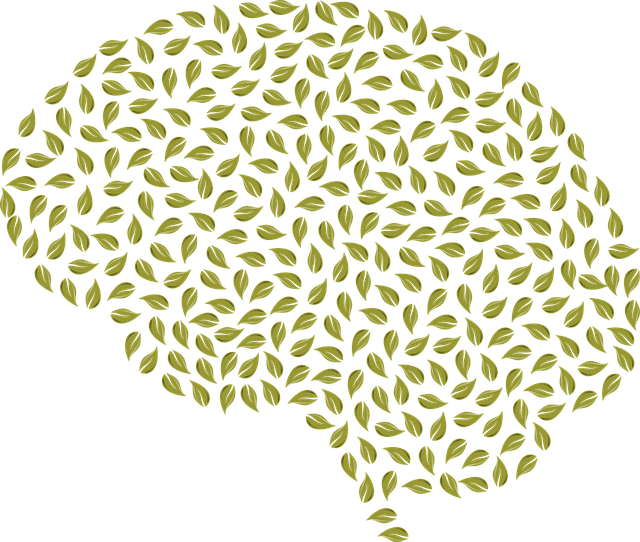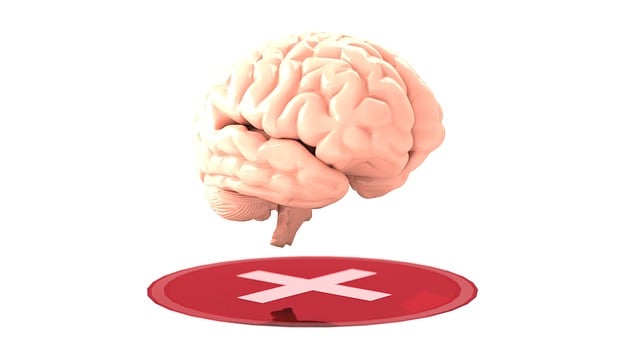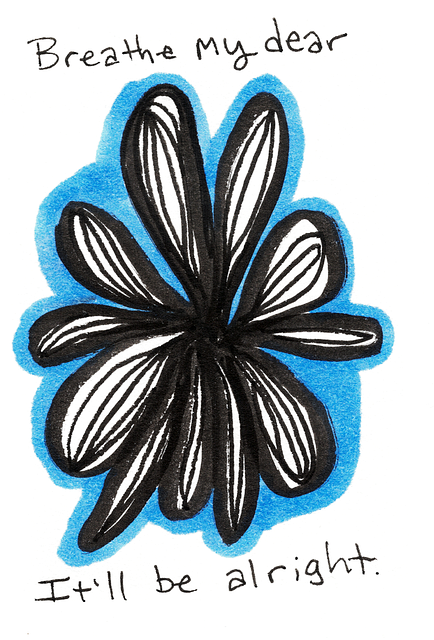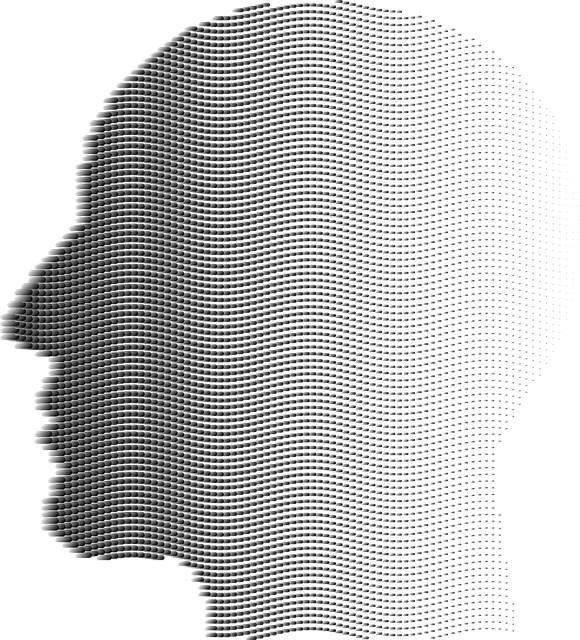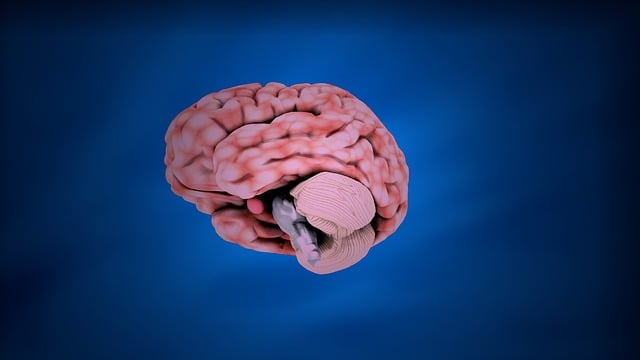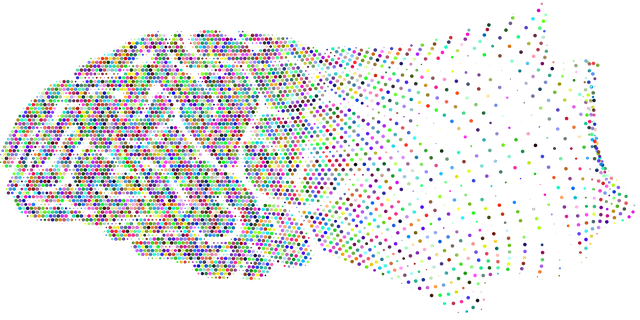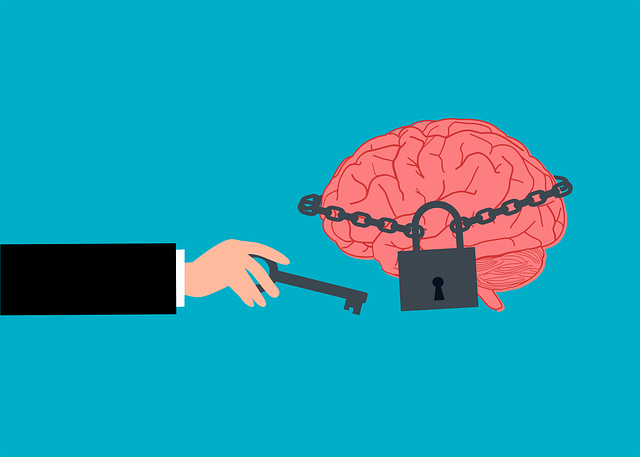Understanding mood regulation is paramount in managing Aurora Dissociative Disorder (ADD), characterized by consciousness, memory, and identity impairments. Therapy, particularly Cognitive-Behavioral Therapy (CBT), plays a central role through tailored emotional regulation strategies like journaling for self-awareness and tracking triggers. Mindfulness techniques, such as meditation and deep breathing exercises, cultivate present-moment awareness and reduce reactivity to stress. Lifestyle adjustments like exercise, balanced nutrition, and adequate sleep stabilize mood swings. A supportive network, mental health education, and public awareness campaigns contribute to an holistic approach, promoting emotional resilience and improving quality of life for ADD patients.
Mood regulation strategies are essential for managing emotional well-being, especially for individuals dealing with conditions like Aurora Dissociative Disorder (ADD). This comprehensive guide explores various therapeutic approaches and lifestyle adjustments to help control mood. We delve into Cognitive-Behavioral Therapy (CBT) techniques proven effective in ADD therapy, the benefits of mindfulness and relaxation, and the critical role of support systems. By understanding these strategies, you’ll gain valuable insights for navigating and managing your emotional state.
- Understanding Mood Regulation and Aurora Dissociative Disorder
- Cognitive-Behavioral Therapy Approaches for Mood Management
- The Role of Mindfulness and Relaxation Techniques
- Lifestyle Adjustments and Support Systems in Disordered Mood Control
Understanding Mood Regulation and Aurora Dissociative Disorder

Understanding Mood Regulation and Aurora Dissociative Disorder (ADD) is a critical step in developing effective coping strategies. ADD, characterized by disruptions in consciousness, memory, and identity, can significantly impact an individual’s emotional regulation. Therapy plays a pivotal role in managing ADD symptoms, focusing on techniques to improve stability and enhance mental wellness. One such approach involves Emotional Regulation strategies tailored to address the unique challenges faced by individuals with ADD.
Aurora Dissociative Disorder Therapy often incorporates Coping Skills Development, encouraging patients to maintain detailed Mental Wellness Journals. This practice facilitates self-awareness, helps track triggers, and provides guidance for responding to mood swings. By jotting down emotions, thoughts, and behaviors, individuals gain valuable insights into their patterns, enabling them to implement effective coping mechanisms. Journaling exercises can include identifying and challenging negative thought patterns, setting emotional boundaries, and practicing mindfulness techniques—all crucial aspects of fostering better mental wellness.
Cognitive-Behavioral Therapy Approaches for Mood Management

Cognitive-Behavioral Therapy (CBT) offers powerful tools for managing and regulating mood, making it a prevalent approach in Aurora dissociative disorder therapy. This form of psychotherapy focuses on identifying and changing negative thought patterns and behaviors that contribute to emotional disturbances. By exploring the connection between thoughts, feelings, and actions, CBT enables individuals to develop healthier coping mechanisms.
Through specialized programs designed to address trauma support services and promote mental health education, CBT equips clients with essential coping skills development. It encourages individuals to challenge distorted beliefs and replace them with more realistic and positive ones. This process is instrumental in preventing relapses and fostering long-term emotional well-being.
The Role of Mindfulness and Relaxation Techniques

Mindfulness and relaxation techniques play a pivotal role in mood regulation strategies. These practices, such as meditation and deep breathing exercises, help individuals cultivate present-moment awareness and reduce reactivity to stressful or emotionally charged situations. By focusing on the here and now, rather than dwelling on the past or worrying about the future, individuals can gain a greater sense of calm and clarity. This is particularly beneficial for those dealing with conditions like Aurora Dissociative Disorder Therapy, where managing emotional states is crucial for recovery and healing.
Incorporating mental health education programs designed around mindfulness and relaxation can empower individuals to take control of their mental wellness. These programs often teach participants how to recognize triggers and develop effective coping mechanisms, fostering a sense of resilience. The core principles of mind over matter encourage self-regulation, allowing for better emotional management and overall improved mental health. This proactive approach not only enhances daily functioning but also promotes a deeper understanding of one’s emotional landscape.
Lifestyle Adjustments and Support Systems in Disordered Mood Control

In individuals struggling with mood regulation disorders like Aurora Dissociative Disorder (ADD), lifestyle adjustments play a pivotal role in managing symptoms. Adopting healthy habits such as regular exercise, balanced nutrition, and adequate sleep can significantly impact emotional well-being. These foundational changes help stabilize mood swings and reduce the intensity of episodes. Additionally, cultivating a strong support system is invaluable. Connecting with understanding friends, family, or support groups provides a safety net during challenging times. Having a network to lean on offers comfort, encouragement, and a sense of belonging, all of which are crucial for effective disorder management.
Beyond these basics, practices like positive thinking and mindfulness meditation have gained prominence in therapeutic circles. Encouraging individuals to focus on the present moment and cultivate a non-judgmental mindset can enhance emotional resilience. Public awareness campaigns development around mood regulation disorders further plays a vital role by reducing stigma, promoting understanding, and encouraging early intervention. These strategies collectively contribute to an holistic approach in ADD therapy, Aurora Dissociative Disorder treatment, aiming for improved quality of life.
Mood regulation strategies are essential tools for managing conditions like Aurora Dissociative Disorder. By combining cognitive-behavioral therapy approaches, mindfulness techniques, lifestyle adjustments, and supportive systems, individuals can gain better control over their emotional states. These holistic methods not only enhance overall well-being but also provide lasting solutions for effective mood management. For those dealing with Aurora Dissociative Disorder, exploring these strategies under professional guidance can significantly improve quality of life.

